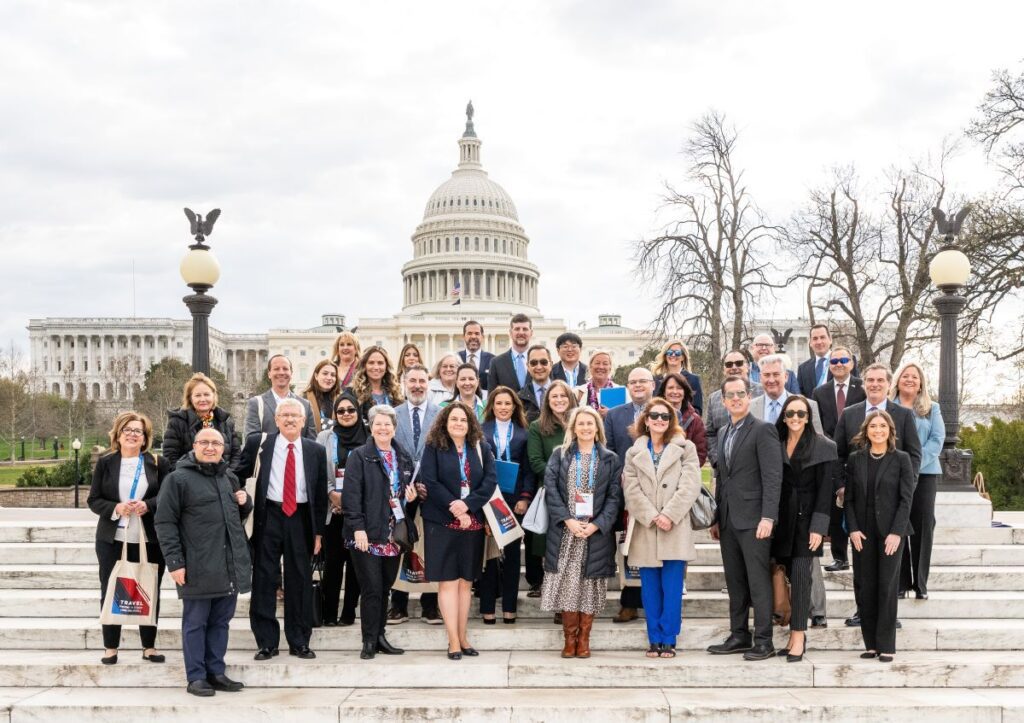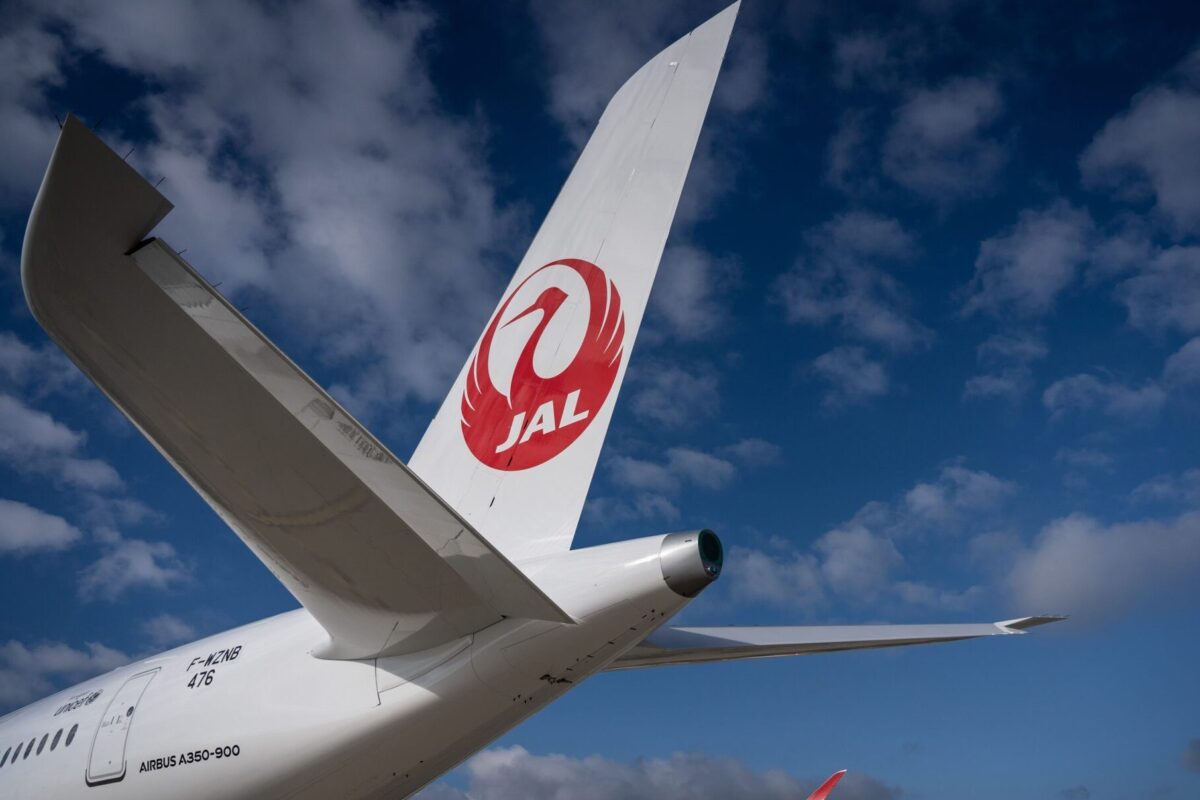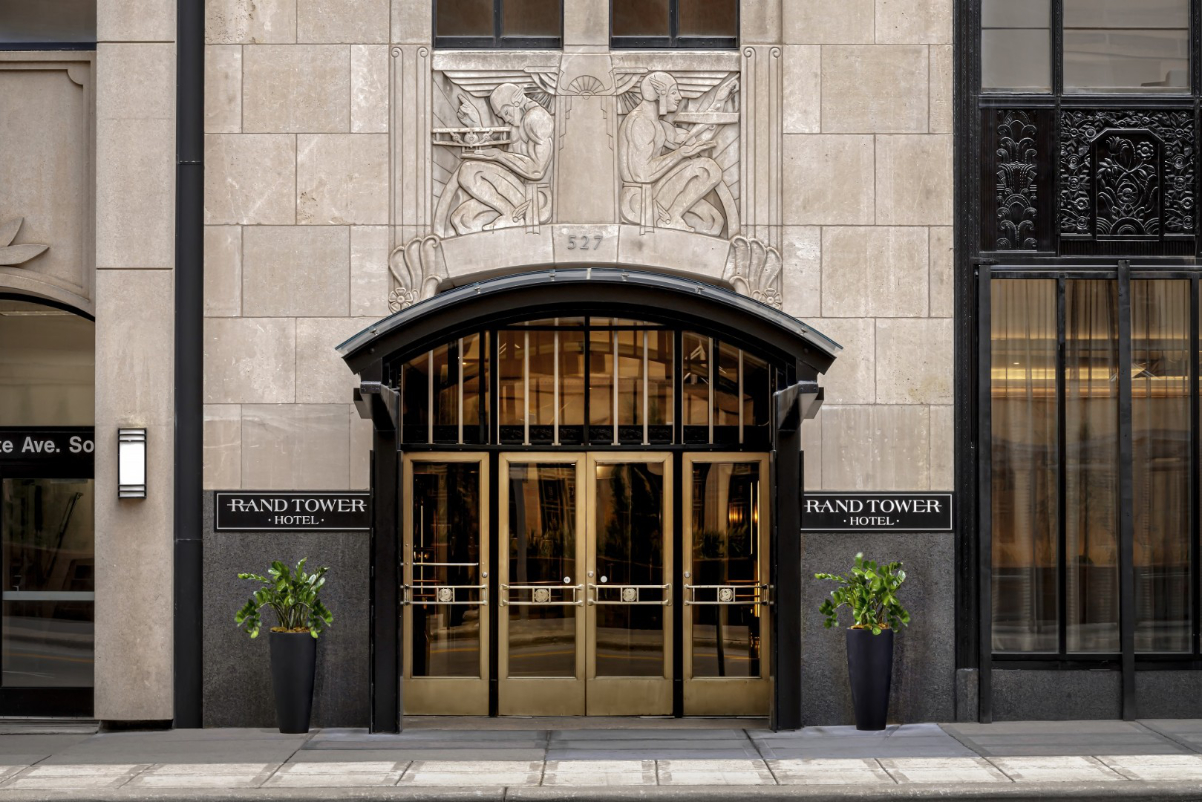World Cup Fans Could Face Long Wait Times For U.S. Visas

Skift Take
Millions of FIFA World Cup fans won’t be able to attend the tournament in the U.S. if they can’t get a visitor visa. That was one issue raised this week by hundreds of travel industry professionals at the U.S. Travel Association’s annual Destination Capitol Hill conference.
“The World Cup is maybe 800 days away,” said Megan Ryburn, Louisiana Travel Association’s director of external affairs. “With Colombia, that’s a real concern because right now the average wait time for that particular market is around 725 days.”
The U.S. is co-hosting the FIFA World Cup with Mexico and Canada in 2026. Dallas, Atlanta, New York and nine other cities are going to host the U.S. games.
Most international travelers who visit a World Cup game usually return to the host country, said Tori Barnes, executive vice president of public affairs and policy for the U.S. Travel Association.
Wait times spanning hundreds of days are expected to persist in Colombia, India and Mexico in 2024 for a first-time visitor visa, Julie Stufft, deputy assistant secretary for visa services, told Skift in November.
U.S. Travel estimates first-time visa wait times are over 400 days on average for the country’s top source markets. The State Department is focused on cutting wait times.
Delegates also brought up the need to lower custom wait times at airports and pass the Federal Aviation Administration reauthorization bill, said Travel Oregon Strategist Kate Baumgartner.
The Federal Aviation Administration reauthorization bill needs to be passed by both chambers of Congress and signed by the president by May 8, said Barnes.
New Tourism Secretary Office Needs Consistent Cash
Delegates also pushed to fund the new assistant secretary of commerce for travel and tourism in the 2025 fiscal year and beyond. Congress recently funded the position with up $3.5 million for the 2024 fiscal year. The position has not been filled yet.

“The U.S. is the only G-20 country without a federal agency or cabinet level official in charge of travel policy which will help kind of bridge that gap between our own delegation priorities from state levels to our congressmen and women,” said Ryburn.
Getting Bills Passed Before 2024 Presidential Election Goes Full Swing
Two other themes during the week were the future of tourism policy after the presidential election and how much appetite Congress has to get things done before the election, said Amir Eylon, CEO of Longwoods International.
“Things can get quiet in Washington D.C. for the second half of the year and a general election year,” said Baumgartner. “The urgency of some of those policy items, like the reauthorization of the FAA, may be even more urgent in the spring and summer.”





